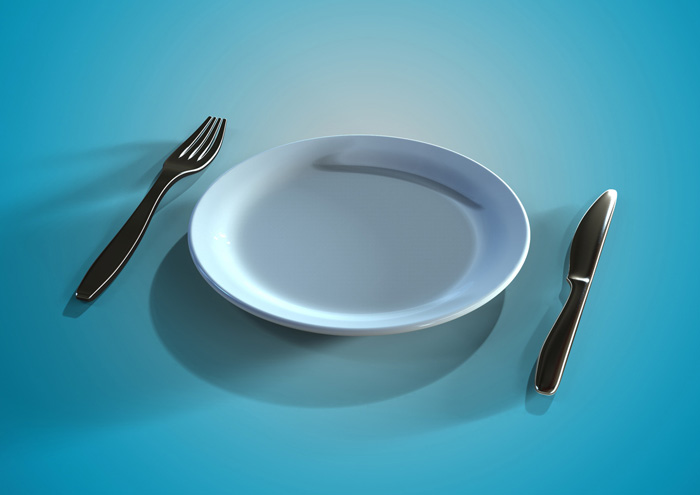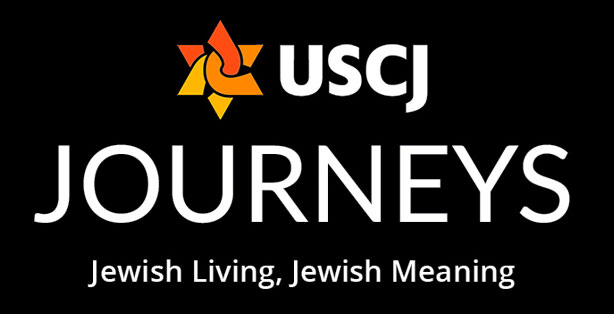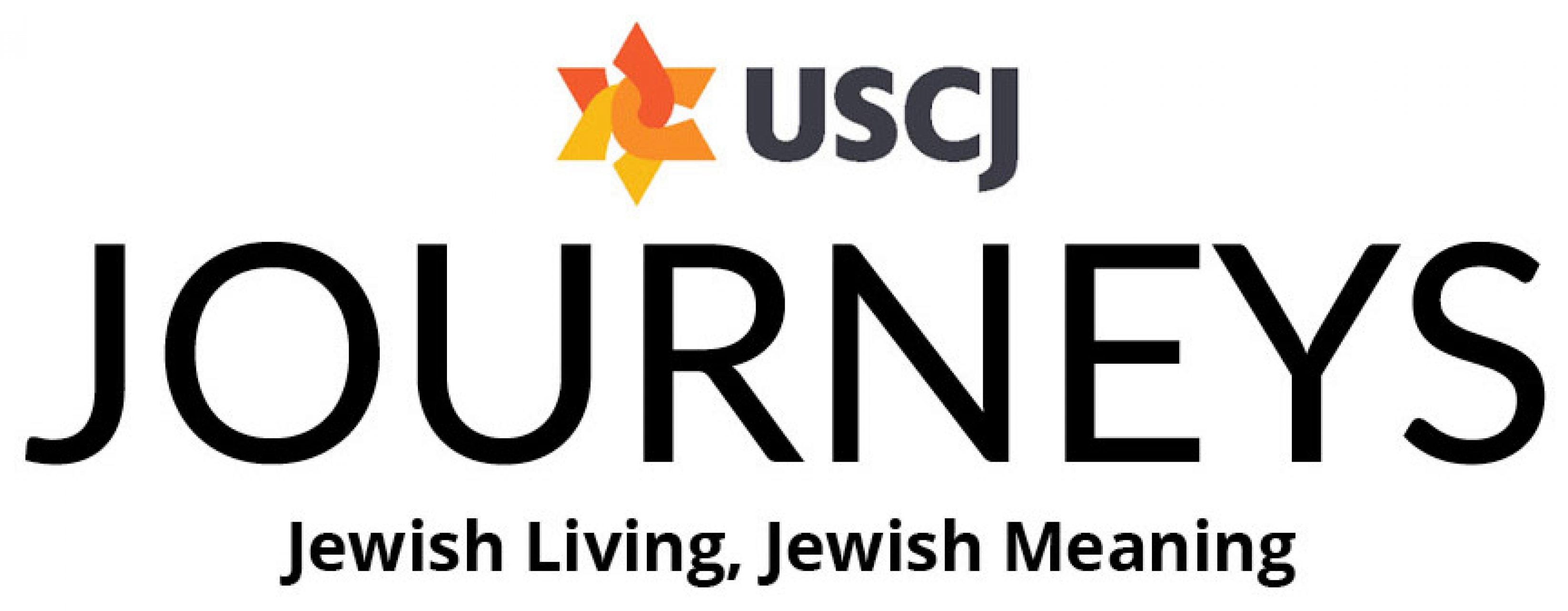 One woman can’t do it because she is breastfeeding her newborn. A man can’t do it because he is diabetic. And another can’t do it because he is on daily medication that must be taken with food and water. There are so many reasons why fasting—a way in which we practice self-denial—is just not feasible on Yom Kippur. Still, Jews can observe the holiday in ways that are personally meaningful.
One woman can’t do it because she is breastfeeding her newborn. A man can’t do it because he is diabetic. And another can’t do it because he is on daily medication that must be taken with food and water. There are so many reasons why fasting—a way in which we practice self-denial—is just not feasible on Yom Kippur. Still, Jews can observe the holiday in ways that are personally meaningful.
Putting your health first is a mitzvah: It’s a mitzvah to value your own health, so think of it that way if you have a medical condition that requires that you don’t fast in order to take care of your body.
Yom Kippur is all about forgiveness: Anyone who would judge you for doing Judaism your own way is not focused on asking for or granting forgiveness. The only one with any right to truly judge is God.
It’s not all about fasting: Yom Kippur is also a day to reflect on the past year and think about the coming one. Ask for forgiveness and forgive others. Make personal and spiritual goals. Explore your faith without putting your health at risk.
Eat exactly what you’re supposed to: If you must eat and drink on Yom Kippur, do it precisely to practice discipline. If your doctor has given you a diet, stick to it for the entire day—no more, no less.
Consider the purpose of fasting: One purpose is to prevent distraction on this day of inner focus. You can also achieve this by planning and preparing simple meals in advance, so there’s no thought or effort involved on the day.
Make your meals symbolic: A woman who recently wrote on this topic says she eats round things on Yom Kippur to symbolize the cyclical year. Her kids, who cannot fast because of their age, have fun joining in this practice, too—eating circular things like Cheerios, English muffins, etc.
Focus on the other four: We refrain from five things on Yom Kippur: eating and drinking; sexual relations; cream, oils and other products for pleasure; bathing and shaving; and wearing leather. If you must eat and drink, focus on refraining from the other four.
Be present at services: Yom Kippur services are some of the most moving of the year and must be fully experienced to be understood. Make it a point to not only be physically present, but also to be emotionally present to really hear and connect with the rabbi’s words.
Seek ways to be a better person: The true purpose of Yom Kippur is to examine your life, individually and communally. Whether you fast or not, consider how you can be a better Jew and human being.
Be considerate of others: No one likes the sight or smell of food when they’re fasting. Be considerate of your fellow Jews by eating and drinking out of their way. Remember, rachmones (mercy) is a mitzvah, too.
Fasting on Yom Kippur? We have tips for you, too. Click here for five to help get you through the day.








In reference to fasting, another option would be “electronic fasting”. My son had his bar mitzvah 3 years ago. But he was in a bike accident two years ago and is on seizure medications. As such, fasting isn’t an option for him. Instead he does an “electronics fast”. At 16 taking away his phone and anything gaming is HARD. In fact, he said he’d rather fast for food instead. Which is why it is a perfect fast for him. The other benefit- 24 hours of electronics decompression to focus on more important things in life and in prayer!